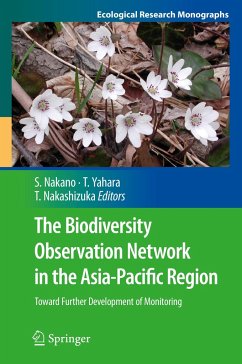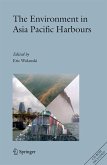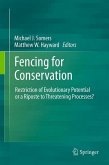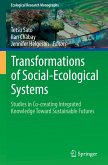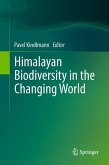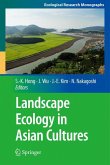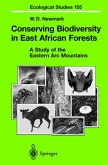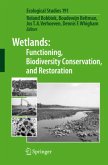This book represents a quantum step forward in advancing science that optimizes the synergy between development and biodiversity conservation in Asia. The aim is to foster a harmonious balance between development and conservation in the region.
Biological diversity is important for ecosystem function and services, which in turn is essential for human well-being. Under the Convention on Biological Diversity, international efforts have been made to achieve a significant reduction in the current rate of biodiversity loss. The loss continues, however. The Asia-Pacific region includes both developing countries with high biodiversity and developed countries with sophisticated data collection and analyses, but only limited information about the status quo of biodiversity in this region has been available. Many Asia-Pacific countries have rapidly grown their economies and social infrastructures, causing a loss of biodiversity and requiring an urgent mandate to achieve a balance between development and conservation in the region. In December 2009, scientists successfully organized the Asia-Pacific Biodiversity Observation Network in the region, to establish a network for research and monitoring of ecosystems and biodiversity and to build a cooperative framework. The present volume is the first collection of information on biodiversity in the Asia-Pacific and represents a quantum step forward in science that optimizes the synergy between development and biodiversity conservation.
Biological diversity is important for ecosystem function and services, which in turn is essential for human well-being. Under the Convention on Biological Diversity, international efforts have been made to achieve a significant reduction in the current rate of biodiversity loss. The loss continues, however. The Asia-Pacific region includes both developing countries with high biodiversity and developed countries with sophisticated data collection and analyses, but only limited information about the status quo of biodiversity in this region has been available. Many Asia-Pacific countries have rapidly grown their economies and social infrastructures, causing a loss of biodiversity and requiring an urgent mandate to achieve a balance between development and conservation in the region. In December 2009, scientists successfully organized the Asia-Pacific Biodiversity Observation Network in the region, to establish a network for research and monitoring of ecosystems and biodiversity and to build a cooperative framework. The present volume is the first collection of information on biodiversity in the Asia-Pacific and represents a quantum step forward in science that optimizes the synergy between development and biodiversity conservation.

